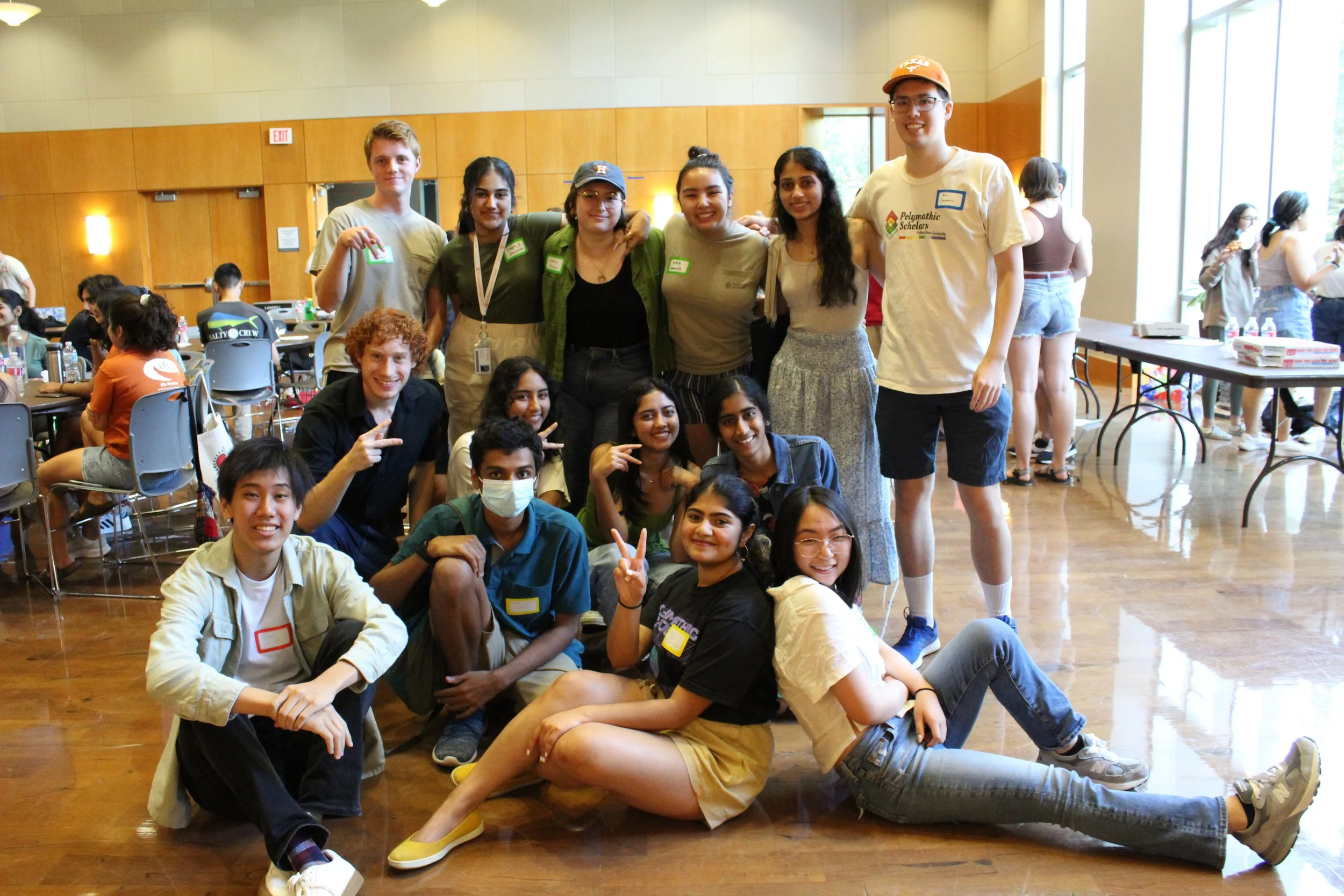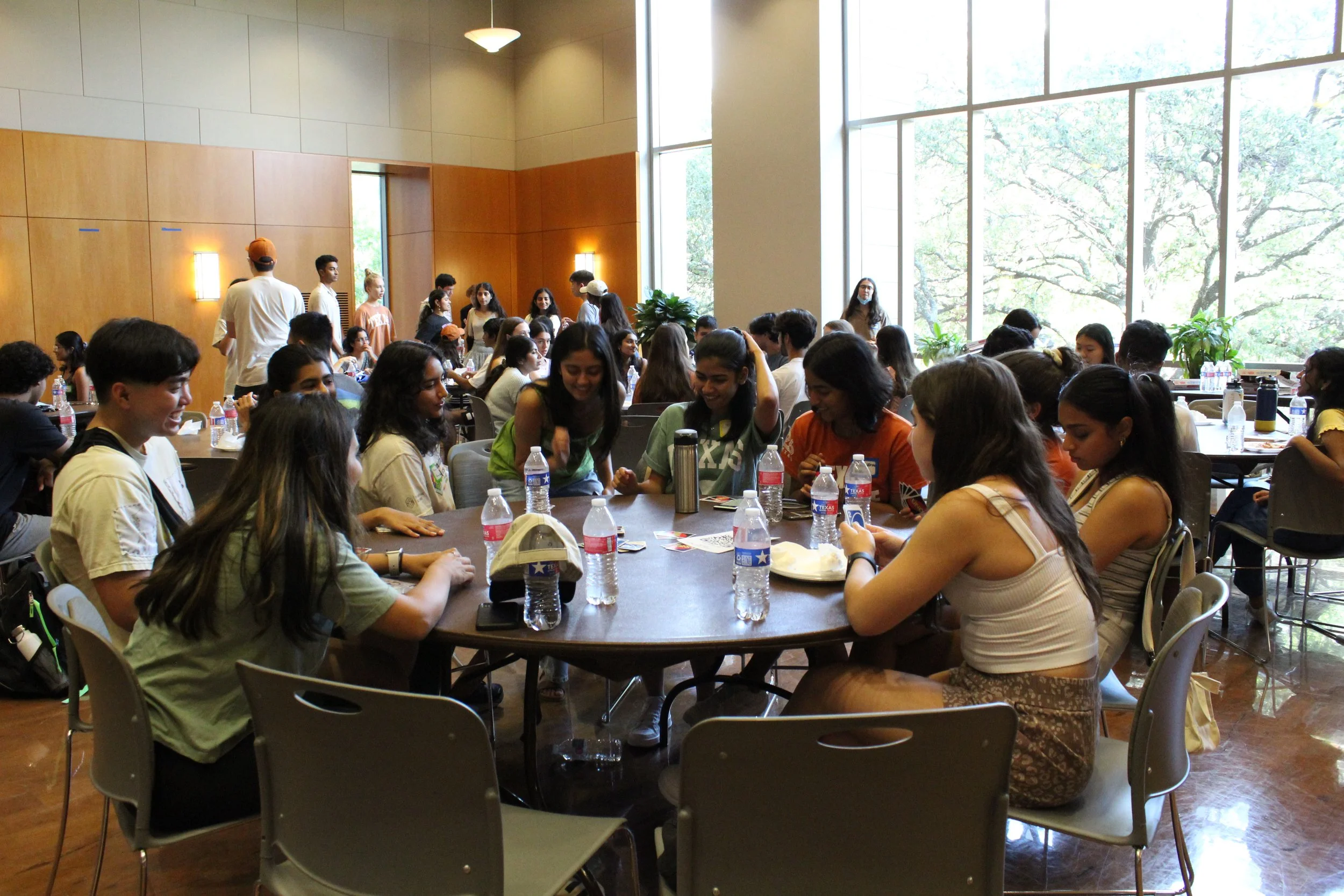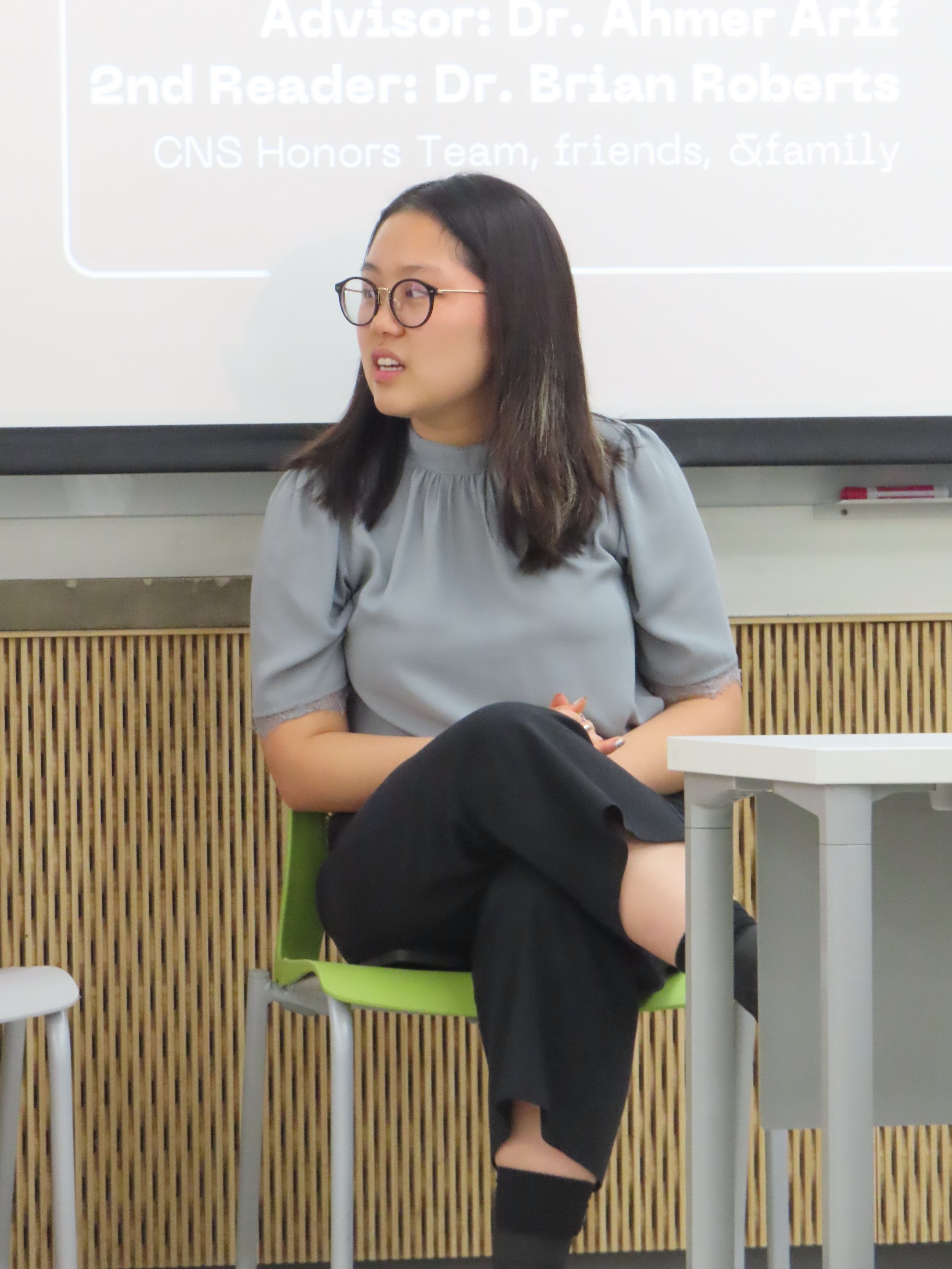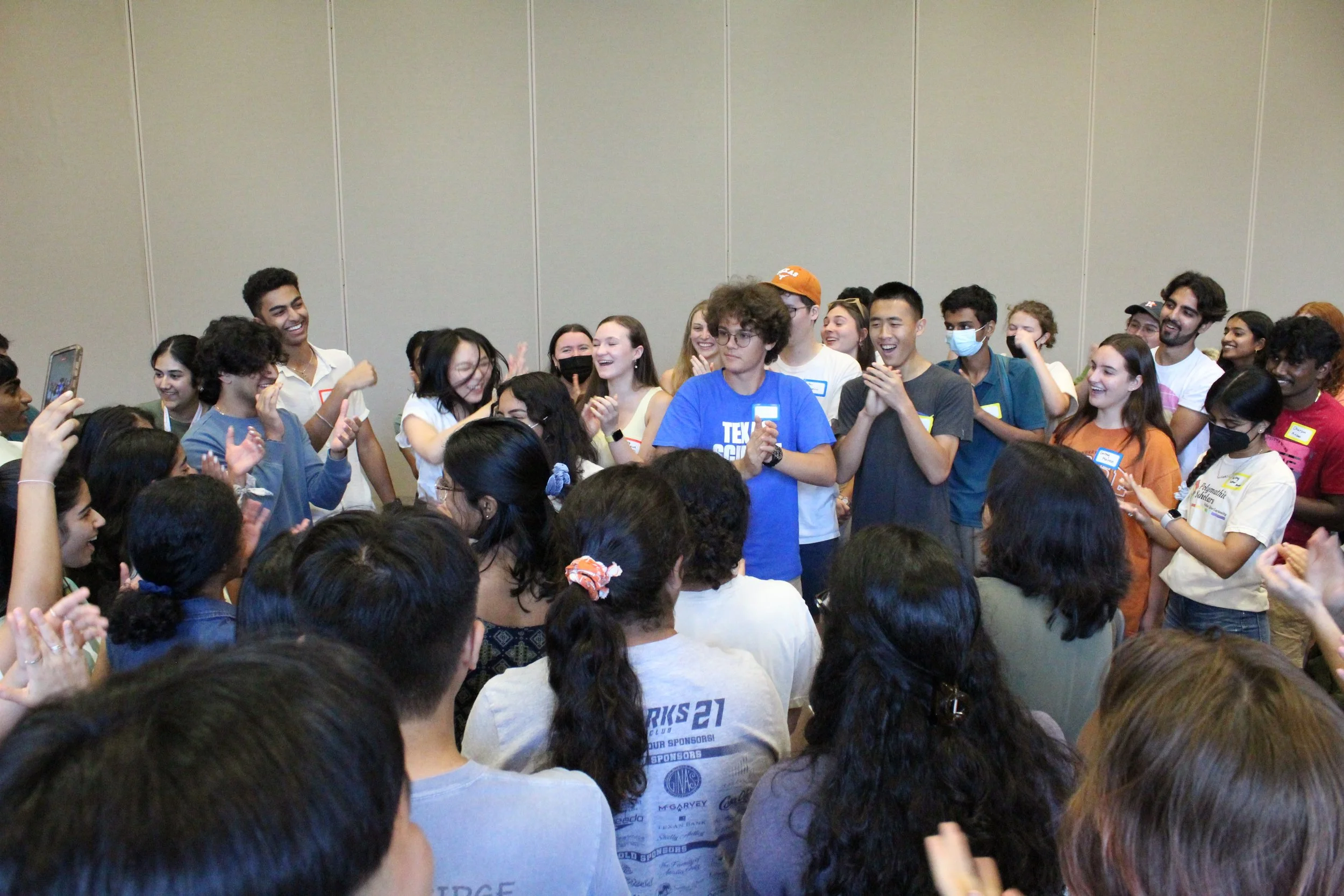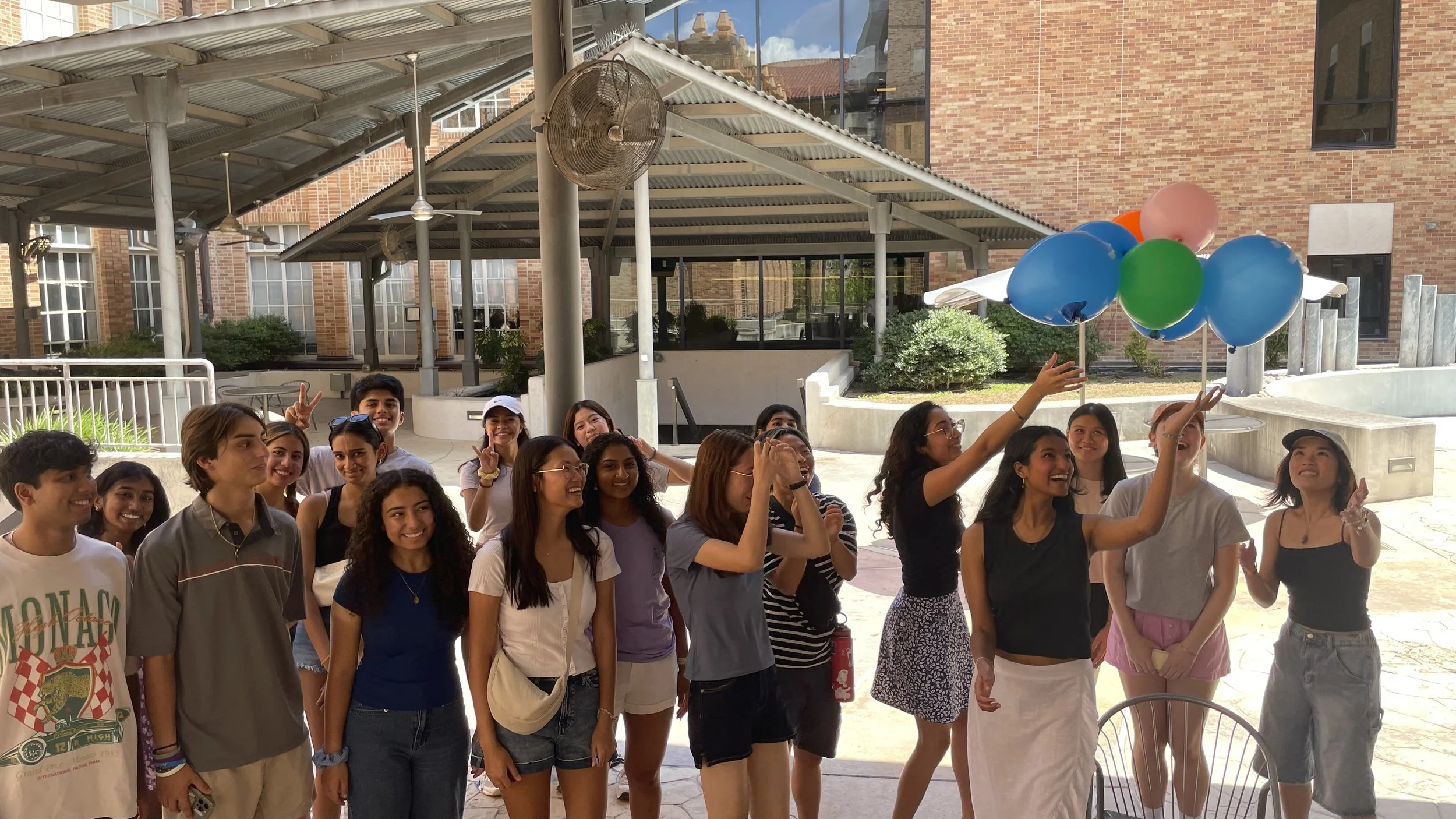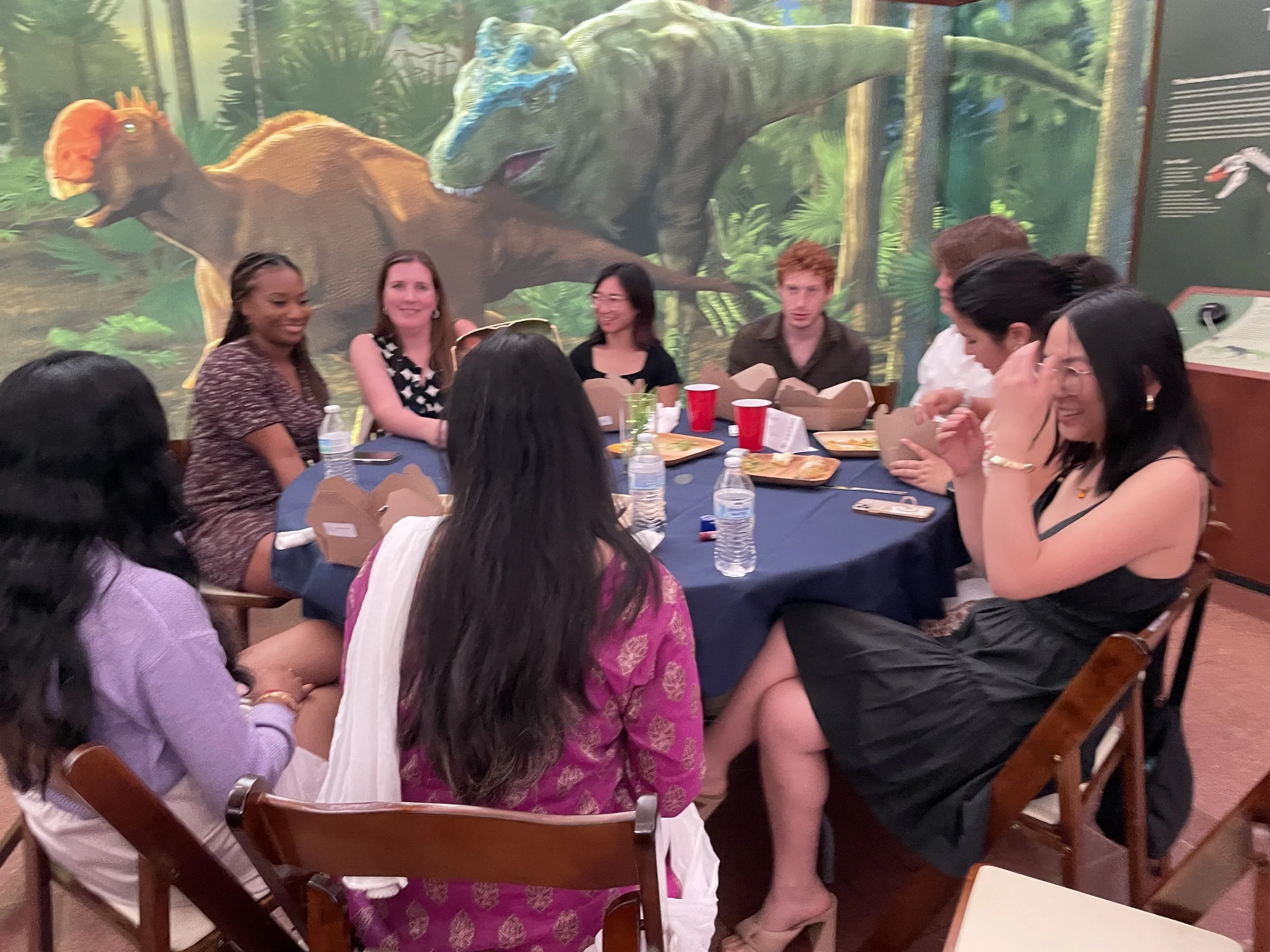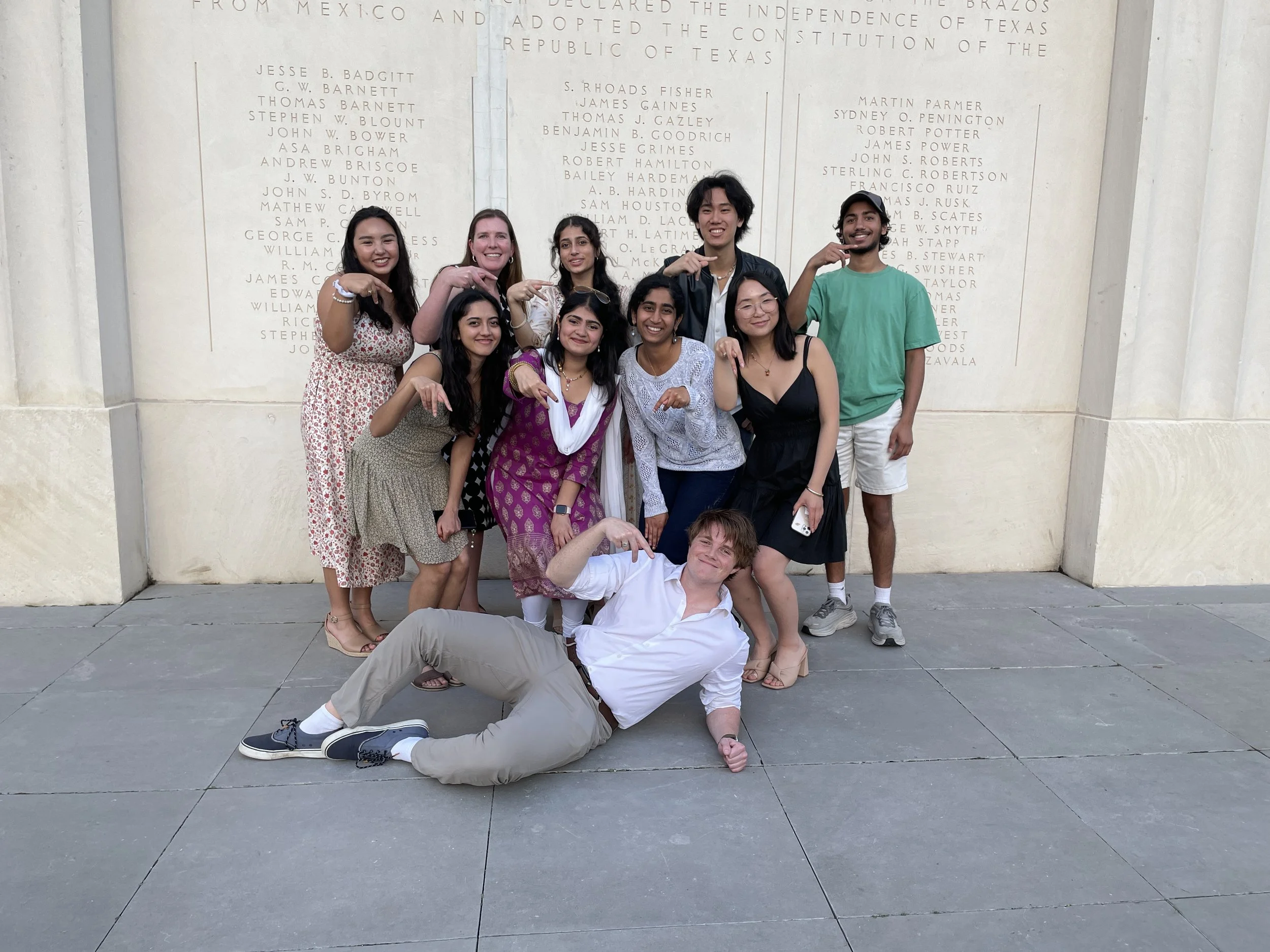Traditionally, Polymaths excelled in both the sciences and the arts, focusing on the Renaissance ideal of universal learning in the intellectual, artistic, social, physical, and spiritual fields. Today, to be considered a Polymath, one must have a multidisciplinary approach to knowledge: combining expertise in many fields to solve complex problems.
As such, the Polymathic Scholars Honors Program is a group of science majors with additional interests and passions within and beyond the sciences.
We value: Originality, Communication, and most of all, Community.
Polymaths are not only defined by their unique ideas, but also by how they choose to share those ideas with the world. While one Polymath may choose to explore “The Politics of Science," another Polymath can study "The Impacts of Video Games in Education.
The best part: Polymaths have the opportunity to share their seemingly disparate interests with the larger Polymathic Scholars community. We are encouraged to follow our curiosity and explore and connect our interests to develop a "field topic," on which we write our thesis.
Upon its culmination, we formally become Polymaths.
We’ve said it before, but we’ll say it again…
It’s not about math.
First coined in Ancient Greece, the word Polymath (Greek: πολυμαθής, polymathēs, "having learned much"; Latin: homo universalis, "universal man") refers to individuals that seek, to their greatest extent, knowledge on a wide variety of subjects. The idea of the Polymath was developed during the Italian renaissance based on the humanistic ideals of man as the center of the universe, limitless in our capacity for learning and development.
